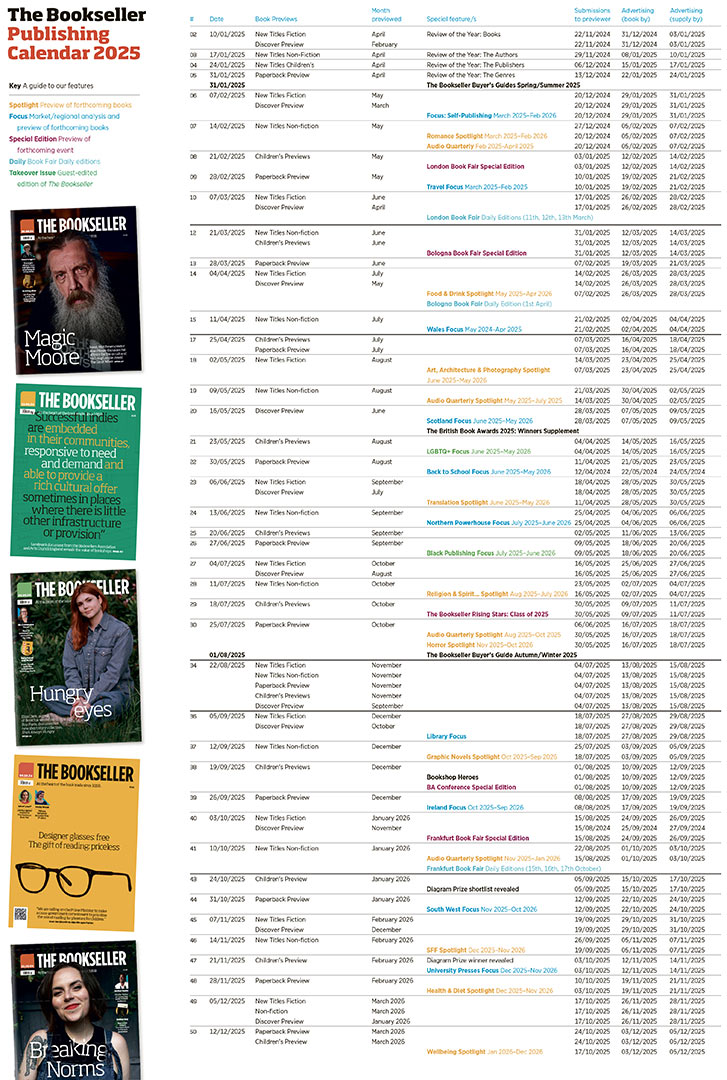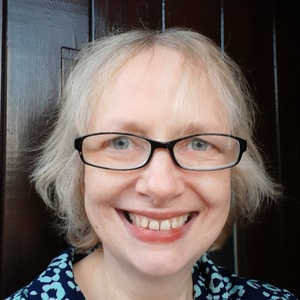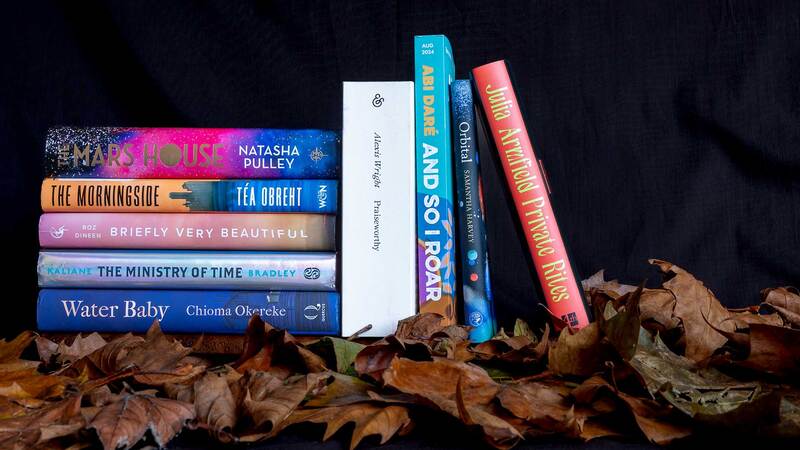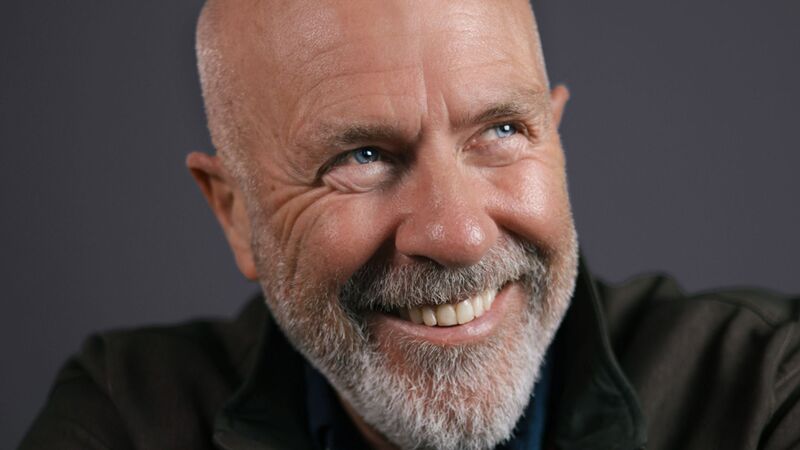Minette Walters: Murder in mind
In her 12th novel, The Chameleon's Shadow, bestselling crime writer Minette Walters tells the story of Charles Acland, who suffers serious head injuries in the conflict in Iraq. As he recovers back in Britain, terribly disfigured by his wounds, he refuses to discuss his state of mind with doctors and begins to show highly aggressive and paranoid tendencies, particularly towards women, including a former fiancé.
Then, as Acland begins a new life outside the Army, with his behaviour still a puzzle to his psychiatrists and the reader, he becomes a suspect in a series of violent killings in Bermondsey.
"The story is as much as anything about why Acland is so suspicious," Walters says. "Is it because of the head injury, or is it something else? He absolutely will not open up to anyone‚why? Is it the explosion? The facial injuries? Why has this happened?
"There's been a lot of research done on traumatic brain injury and how it affects personality. There is quite a lot of evidence that such an injury, particularly when you're young, does knock out your moral compass‚there are an extraordinary number of serial killers who had a traumatic brain injury in adolescence, including Fred West. For some people‚though not all‚it seems to turn them into sociopathic personalities, very uncaring, very self-centred.
"Acland is a young man in his mid-20s who has a completely devastating injury, and two of his crew have been killed. I think we are incredibly unsympathetic to soldiers' problems when they've been injured. There are only 13 dedicated military psychiatrists in this country, but post-traumatic stress disorder is a colossal problem for some of these youngsters. I live in Dorset, so I'm very close to Bovington, which is a big Army centre, and I've spoken to a lot of soldiers who live around here.
"Everyone can be helped if someone is prepared to hold out a hand to them. In this case, Jackson [a 250-pound lesbian weightlifter] does this for Acland. I wanted a woman character for Acland to talk to, but I couldn't think what kind of woman he would be willing to spend time with. It seemed to me that a lesbian in a settled relationship was the kind of woman he might be willing to talk to. I also felt that the only way that a woman would impress him would be to do what Jackson does‚pick men up bodily and throw them around. That's how I arrived at the character, and I also wanted to write a very positive story about a lesbian. I think Jackson's great and I thought Acland and Jackson make an interesting contrast.
"I don't have plot schemes. It means you don't know what's going to happen as you write the story, so it keeps you interested. The analogy I usually give is that at a real crime scene the police don't know anything when they arrive; all they can do is ask questions of the people there. And in a sense that's all I ever do when I write a story. I set up a situation and have my characters talk to each other. But it does mean you have to be a pretty serious editor of your own work or you could easily write 500,000 words.
"As much as anything it's a whydunit‚there are so few people [the killer] could be that it's not so much a whodunit. I love to write stories about what is going on inside people's heads. Why do people die prematurely at the hands of someone else? Why does anyone see the death of another person as the solution to a problem?" The Chameleon's Shadow (Macmillan, 21st September, h/b, ¬£17.99, 9780230015661)









